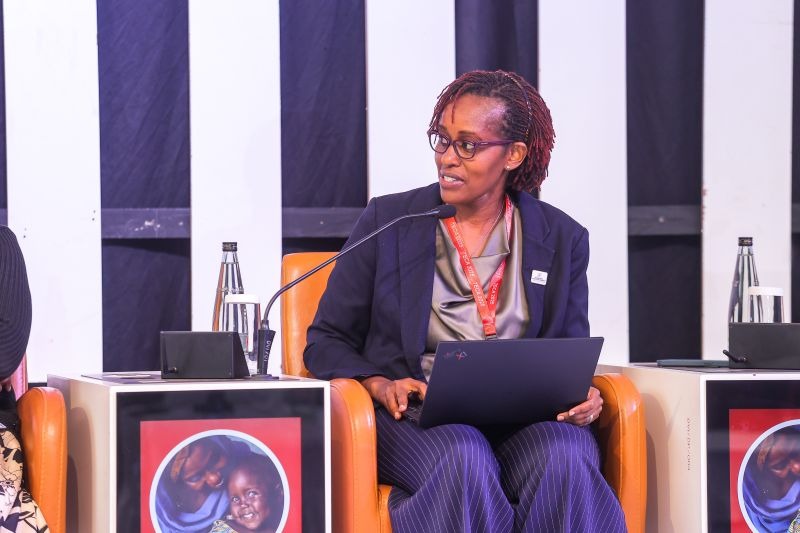FOR IMMEDIATE RELEASE:
Contact: Muzi Yende, Communications and Outreach Officer
myende@pedaids.org (+268 2404 8081/7635 9126)
Swaziland Receives Medical Equipment to Strengthen Maternal and Child Health Services
Supplies will be distributed to facilities throughout the country
Manzini, Swaziland, Jan. 29, 2014—The Elizabeth Glaser Pediatric AIDS Foundation (EGPAF) in collaboration with Project C.U.R.E (Commission on Urgent Relief and Equipment) today donated medical equipment and supplies worth more than U.S. $500,000 to the Government of the Kingdom of Swaziland’s Ministry of Health (MOH) to help strengthen health services provided to mothers, infants, and children in the country.
The donation includes essential maternity equipment, lifesaving new born-resuscitation equipment, theatre equipment, laboratory, dental, and wellness equipment. This comes after an extensive on-site assessment of health facilities in different parts of Swaziland conducted by EGPAF, Project C.U.R.E. and the MOH, which revealed that most facilities lack sufficient funds to purchase essential equipment.
“The new equipment will increase access to high quality health services to the mother-baby pair, and eliminate new HIV infections among children as well as keep mothers alive,” said Mohammed Mahdi, M.D., EGPAF Swaziland Country Director.
“This partnership is a wonderful example of how governments, donors, international organizations, and the private sector can work together to create an AIDS free generation," said Makila James, the U.S. Ambassador to Swaziland.
Swaziland has the highest HIV prevalence in the world, with 26 percent of the population living with HIV, yet CD4 testing equipment is not available in all the facilities. This results in a delay in treatment for patients who have to wait long periods of time for their test results. A CD4 test is used to determine the extent HIV infection has affected a person’s immunity system. The World Health Organization (WHO) recommends initiating anti-retroviral treatment (ART) when a person’s CD4 count reaches or drop below 350 cells per cubic millimeter.
“The challenges we face in Swaziland require concerted efforts and support from partners,” said Paul Dlamini, the Hon. Deputy Prime Minister of the Kingdom of Swaziland. “These kinds of partnerships will help us to tackle the bottlenecks affecting access to quality health care and ensure mothers deliver their babies safely and children grow up healthy and free of HIV”.
Representatives from the U.S. Centers for Disease Control and Prevention (CDC), the U.S. President’s Emergency Plan for AIDS Relief (PEPFAR), UNAIDS, and WHO also attended the event.
Project C.U.R.E, a U.S.-based international organization, shipped the medical supplies and equipment to the port of entry for Swaziland, while EGPAF financed in-country transportation fees to the recipient facilities.
###
About Project C.U.R.E
PROJECT C.U.R.E is a 25-year old U.S.-based international nonprofit organization that gives hope to millions of people by providing customized, donated medical supplies, medical equipment, and related program services that empower doctors, nurses, and other medical personnel in developing countries to provide quality medical care at clinics and hospitals.
About the Elizabeth Glaser Pediatric AIDS Foundation (EGPAF)
EGPAF is a global leader in the fight against pediatric HIV/AIDS, and has reached more than 18 million women with services to prevent transmission of HIV to their babies. It currently supports more than 7,300 health facilities and works in 15 countries to implement prevention, care, and treatment services; to further advance innovative research; and to execute global advocacy activities that bring dramatic change to the lives of millions of women, children, and families worldwide. For more information, visit pedaids.org.



